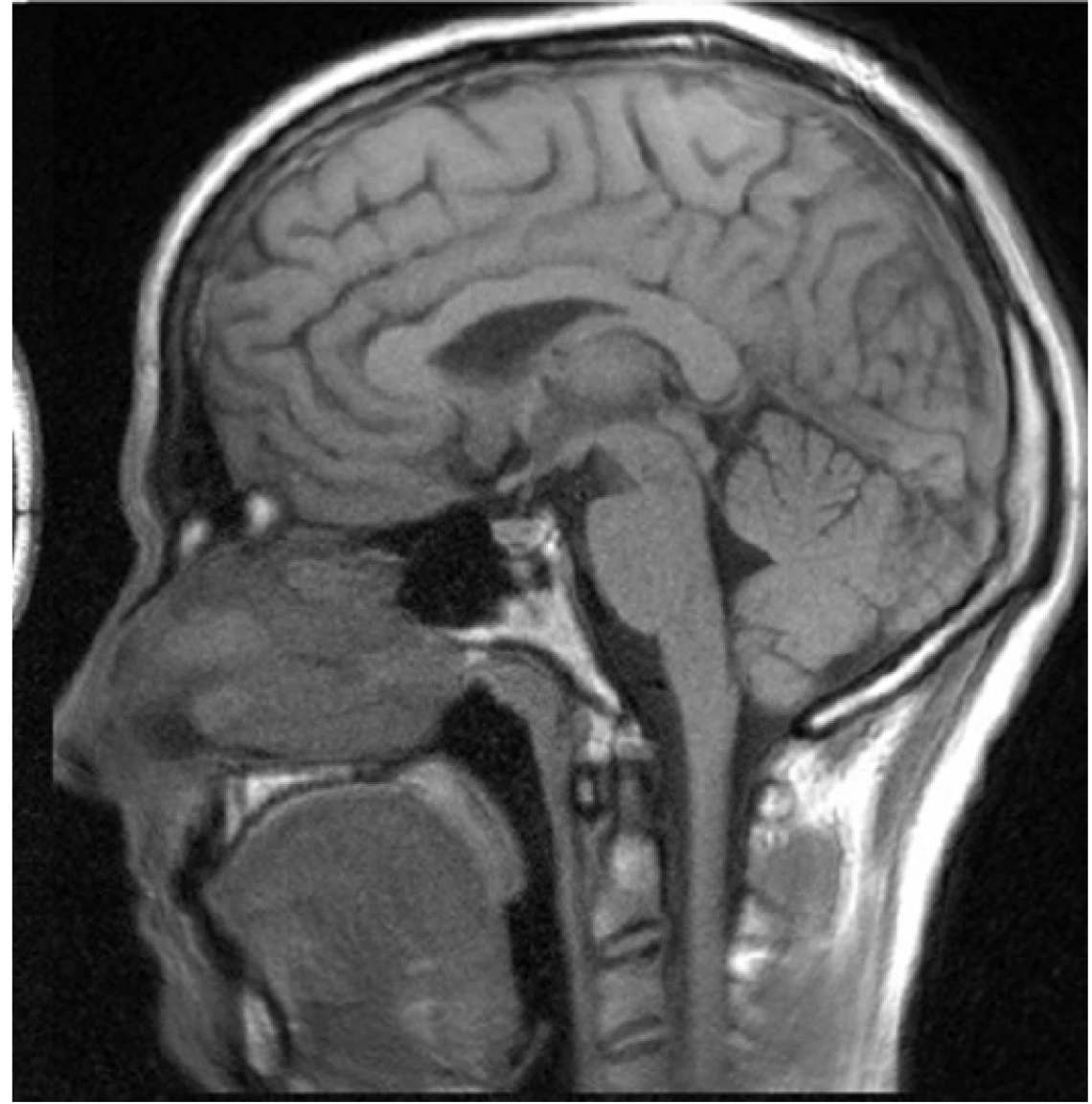Remembering the good in the bad

When
Where
Remembering the Good in the Bad
With introductory remarks by Vicky Lai
Abstract:
Even life's most challenging moments can contain glimmers of positivity or silver linings. This talk will describe work that has emphasized that, when a mixed-age group experiences a shared event, the memories of that event can diverge based upon a person's age. Across a number of studies enrolling a lifespan sample of adults (ages 18-80+), we have found that only younger adults' memories focus on the most negative aspects of challenging life experiences. Age is linearly associated with an increased tendency to retrieve positive features of challenging experiences in memory, and by older ages, those glimmers of positivity can even overshadow the negative event features in memory. Our fMRI studies have led us to the hypothesis that this focus on the positive details relates to how older adults engage the dmPFC during the retrieval of emotional events. We propose that the dmPFC guides the affective framing of the memories and, perhaps, triggers processes similar to retrieval induced forgetting that, over multiple retrievals, allow the positive to overtake the negative in memory.
Elizabeth Kensinger, PhD is a professor of psychology at Boston College. Her areas of study include:
Cognitive and Affective Neuroscience: The effect of emotional content on memory; specifically, the cognitive and neural mechanisms through which emotion influences in the vividness and accuracy of memory, and how these influences change across the adult lifespan; research questions are investigated through behavioral testing of young and older adults and functional neuroimaging (fMRI).

